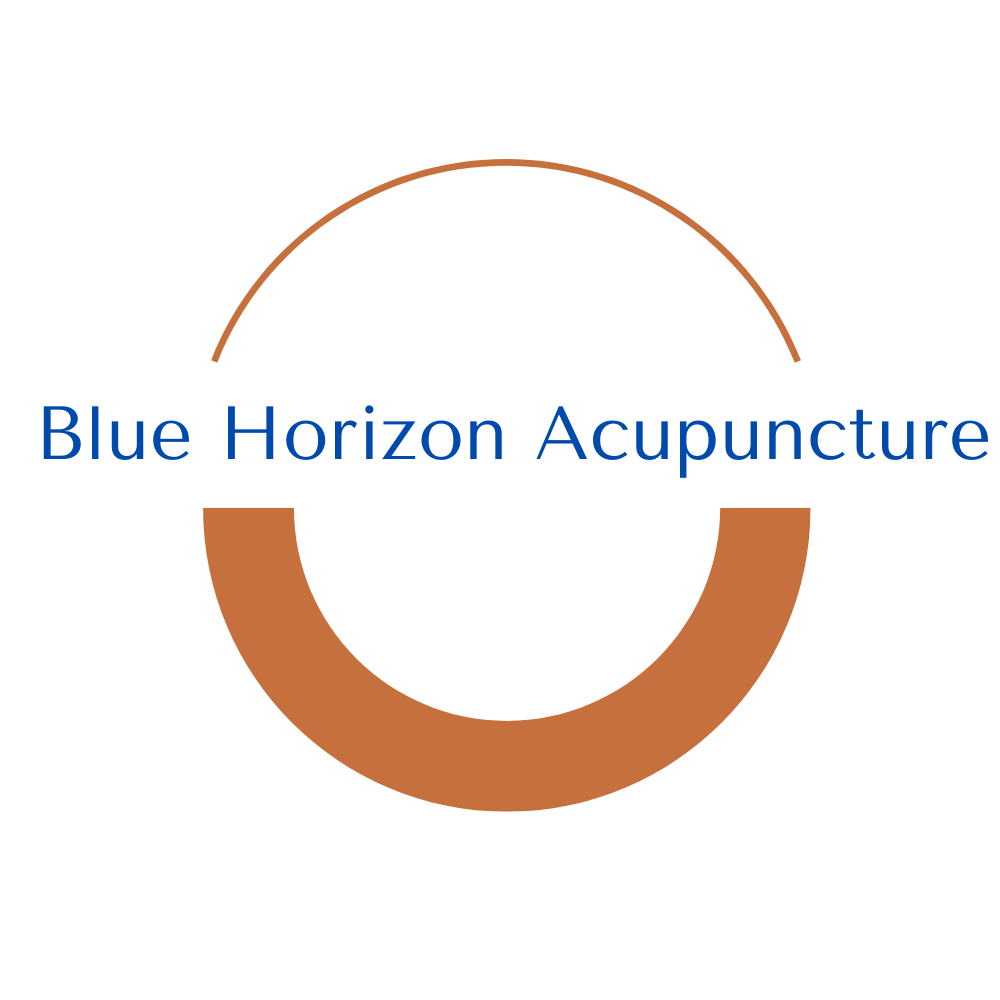Chinese Medicine for Chronic Pain
Chronic pain can be a debilitating condition that affects every aspect of life. While modern medicine often relies on painkillers and invasive procedures, Traditional Chinese medicine (TCM) offers a holistic approach to managing and even alleviating chronic pain. Rooted in thousands of years of practice, TCM views the body as an interconnected system where pain signals imbalance.
The TCM Perspective on Chronic Pain
In TCM, pain is often attributed to blockages or imbalances in the flow of Qi (vital energy) and blood. This could result from factors like injury, emotional stress, or lifestyle habits. According to TCM theory, free-flowing Qi and blood are essential for health, and stagnation leads to discomfort or chronic pain.
Common TCM Therapies Used for Chronic Pain
Acupuncture
Acupuncture is one of the most well-known TCM treatments. By inserting fine needles into specific points along the body’s meridians, acupuncture aims to restore the flow of Qi and promote natural healing. Research has shown it to be effective in managing conditions such as arthritis, migraines, and lower back pain.Cupping Therapy
Cupping involves placing glass or silicone cups on the skin to create suction. This technique is believed to draw out stagnation, improve blood flow, and relieve muscle tension.Tuina (Chinese Medical Massage)
Tui Na is a hands-on therapy that combines massage and acupressure techniques to improve circulation, release tension, and restore balance to the body.Qi Gong
These gentle movement practices help to cultivate Qi, improve posture, and relieve chronic pain through regular practice.Herbal & Nutrition Therapy
Chinese herbal formulas are tailored to the individual and aim to address the root cause of pain. Herbs such as turmeric, ginger, and licorice are commonly used to reduce inflammation, improve circulation, and nourish the body.
Why Choose Chinese Medicine?
One of the key advantages of TCM is its personalized approach. Providers take into account not just the physical symptoms but also emotional, environmental, and lifestyle factors contributing to the pain. This holistic approach aims to address the root cause of the issue rather than just masking symptoms.
Additionally, TCM therapies often work well alongside conventional treatments, offering a complementary pathway to pain management.
